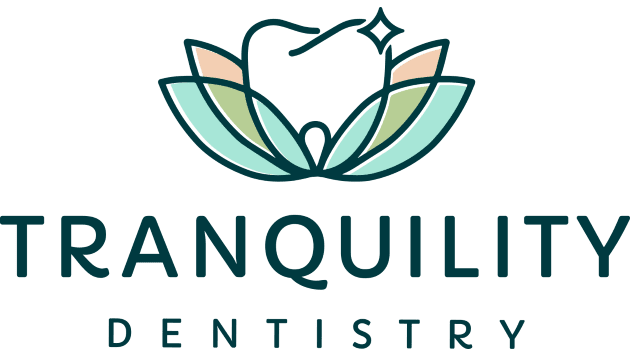
Unravelling Common Misconceptions About Oral Health
Debunking Myths
When it comes to oral health, misconceptions abound. From old wives’ tales to outdated advice, many people hold beliefs about oral care that are simply untrue. In this blog, we’ll debunk some of the most common misconceptions about oral health and provide evidence-based insights to set the record straight.
- Myth: Sugar Is the Sole Culprit for Tooth Decay
It’s widely believed that sugar is the main cause of tooth decay. While sugar certainly plays a role, it’s not the sole culprit. According to the Australian Dental Association (ADA), tooth decay occurs when bacteria in the mouth feed on sugars from food and drinks, producing acids that attack tooth enamel. However, other factors such as poor oral hygiene, acidic foods, and dry mouth can also contribute to tooth decay. Thus, maintaining good oral hygiene practices and reducing sugar intake are both important for preventing cavities.
- Myth: Brushing Harder Cleans Better
Contrary to popular belief, brushing harder does not equate to better cleaning. In fact, aggressive brushing can damage tooth enamel and gums, leading to tooth sensitivity and gum recession. The ADA recommends using a soft-bristled toothbrush and gentle, circular motions to clean teeth effectively without causing harm. Additionally, brushing too hard can contribute to enamel erosion, making teeth more susceptible to decay and sensitivity.
- Myth: Flossing Is Optional
Flossing often gets overlooked in oral hygiene routines, with many people believing it’s optional. However, flossing is crucial for removing plaque and food particles from between teeth, where toothbrushes can’t reach. We recommend flossing at least once a day to prevent cavities, gum disease, and bad breath. Incorporating flossing into your daily oral care routine can significantly improve overall oral health.
- Myth: Bad Breath Is Only Caused by Poor Oral Hygiene
While poor oral hygiene is a common cause of bad breath (halitosis), it’s not the only factor. Other causes include certain foods (such as onions and garlic), dry mouth, smoking, and underlying medical conditions. In some cases, bad breath may indicate gum disease or other oral health problems. Therefore, practicing good oral hygiene, staying hydrated, and addressing any underlying issues are essential for combating bad breath.
- Myth: You Only Need to See a Dentist When You Have Pain
Waiting until you have dental pain to see a dentist is a common misconception that can lead to more serious oral health problems. Regular dental check-ups are important for detecting issues early on, such as cavities, gum disease, and oral cancer. We advise visiting the dentist at least once every six months for a comprehensive oral examination and professional cleaning. By catching problems early, you can prevent them from progressing and avoid more extensive treatments later on.
- Myth: Fluoride Is Harmful to Your Health
Fluoride is a naturally occurring mineral that has been proven to strengthen tooth enamel and prevent tooth decay. Despite its benefits, there is a misconception that fluoride is harmful to health, particularly when ingested in drinking water or applied in dental products. However, numerous scientific studies have confirmed the safety and effectiveness of fluoride in preventing cavities. The ADA recognises water fluoridation as one of the greatest public health achievements.
- Myth: Dental Health Is Separate from Overall Health
Another common misconception is that dental health is separate from overall health. In reality, the two are closely interconnected. Poor oral health has been linked to various systemic conditions, including heart disease, diabetes, and respiratory infections. Additionally, certain medications and medical treatments can affect oral health, highlighting the importance of comprehensive healthcare that considers both dental and medical needs.
Debunking common misconceptions about oral health is essential for promoting better dental habits and overall well-being. By understanding the facts and following evidence-based guidelines, individuals can take proactive steps to maintain optimal oral health throughout their lives. Remember, when it comes to oral care, knowledge is power, and prevention is key. So, let’s dispel these myths and embrace a healthier approach to dental hygiene.
